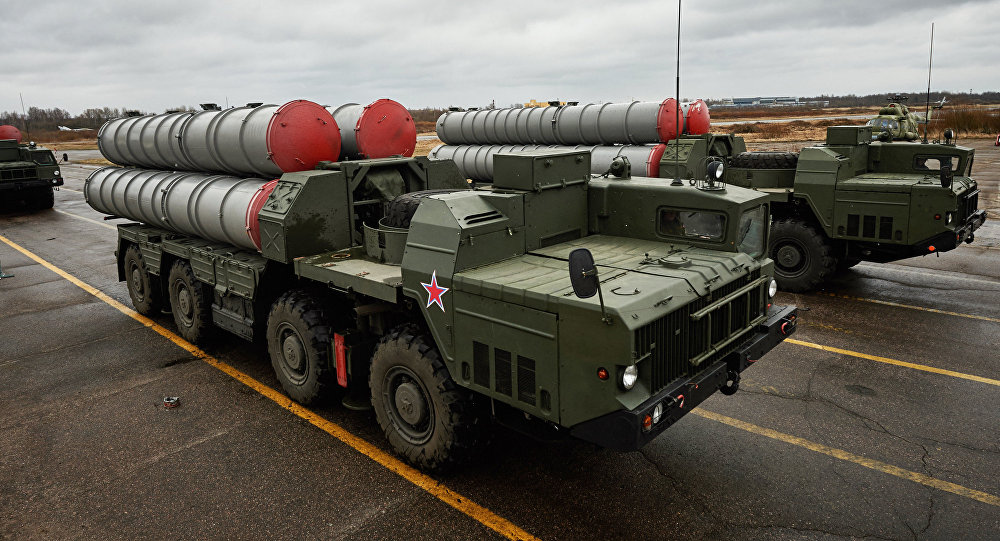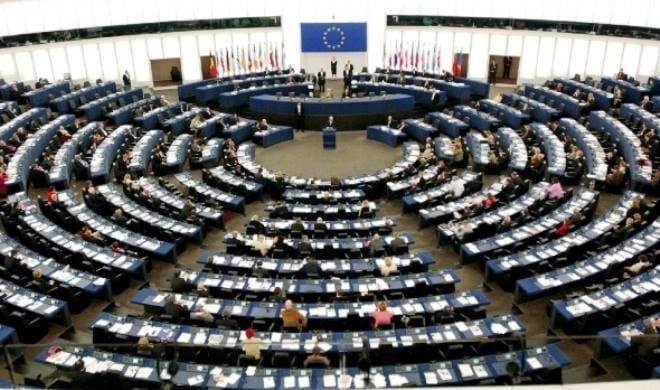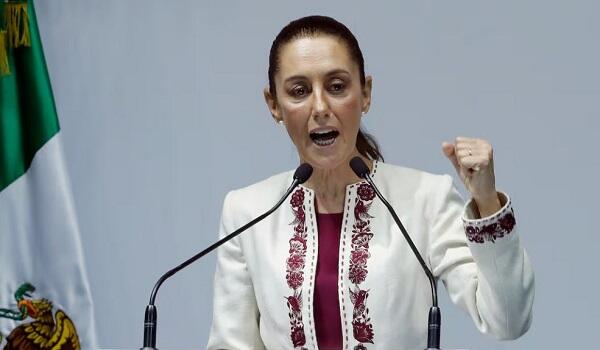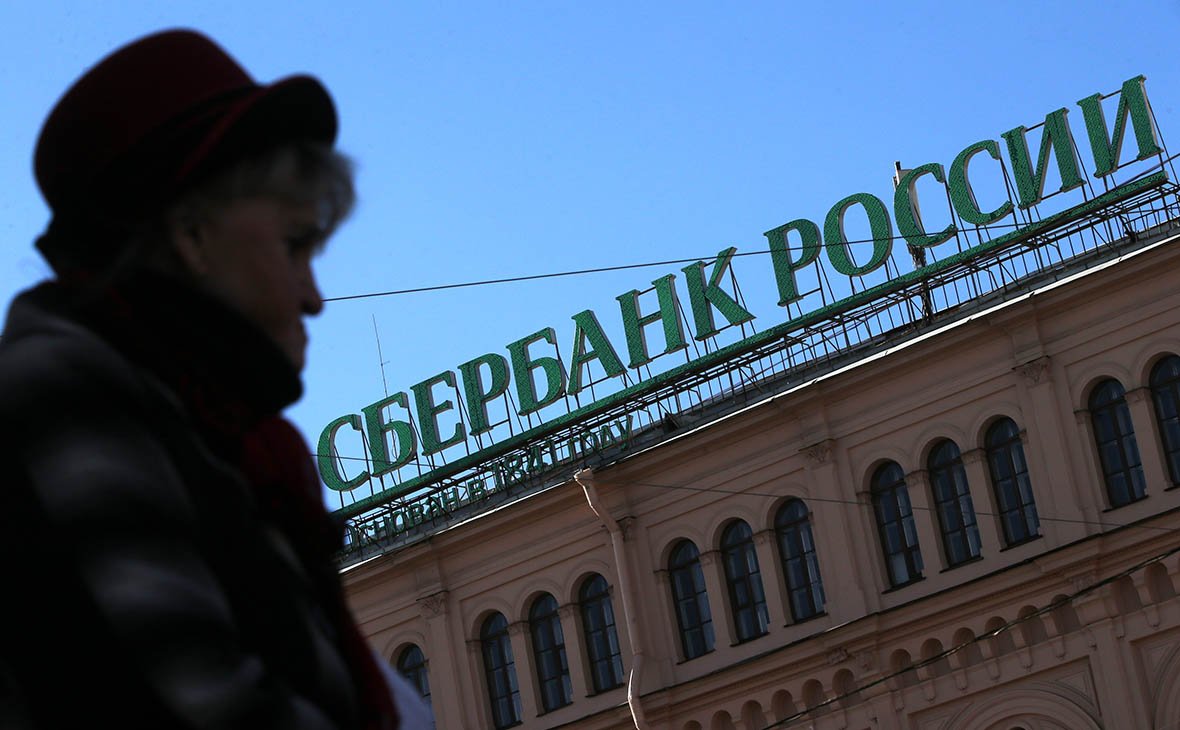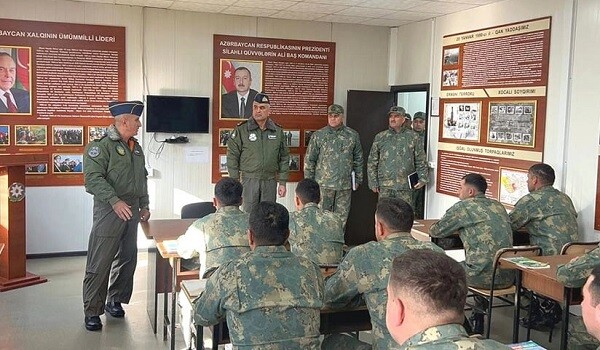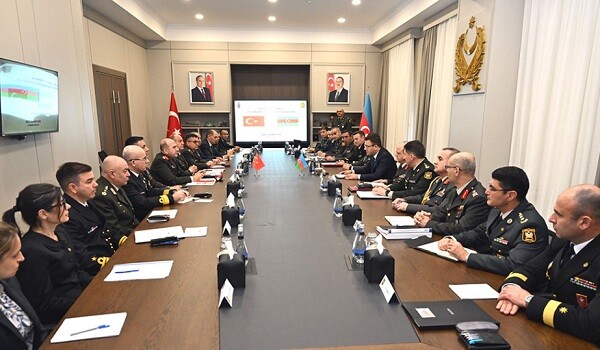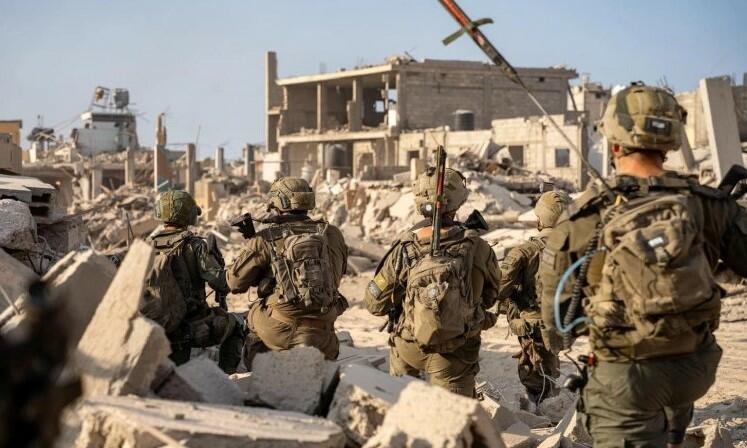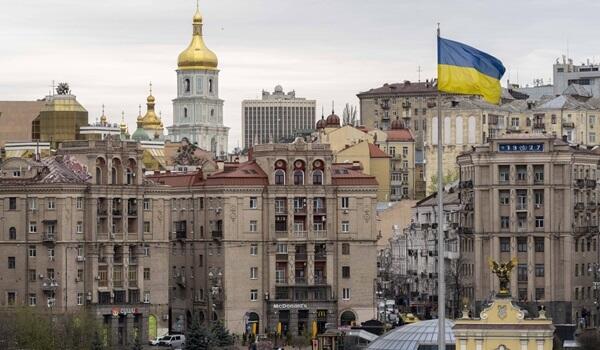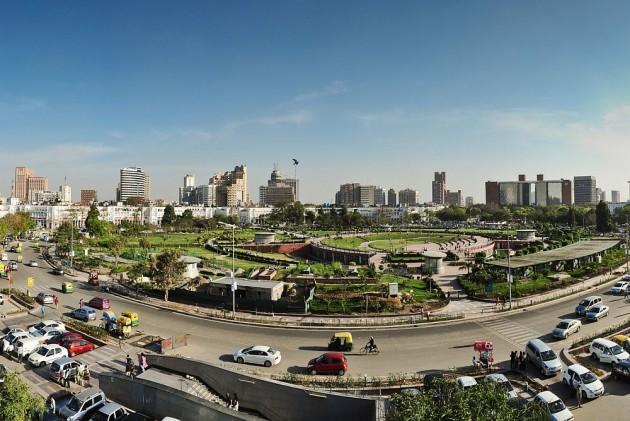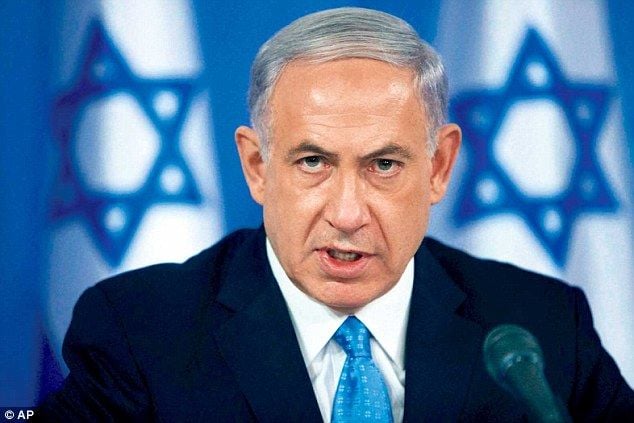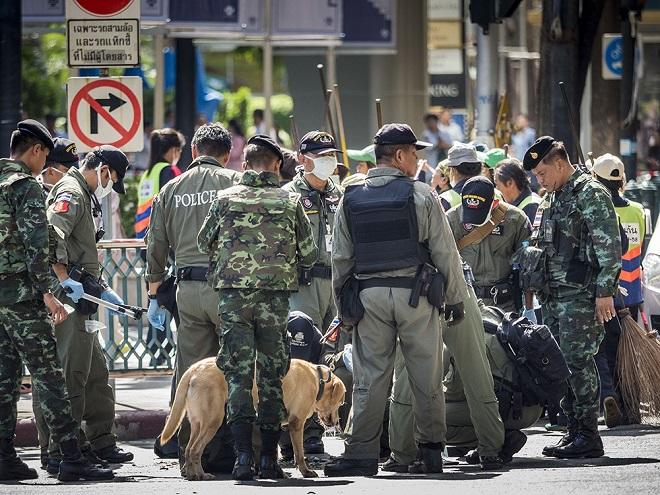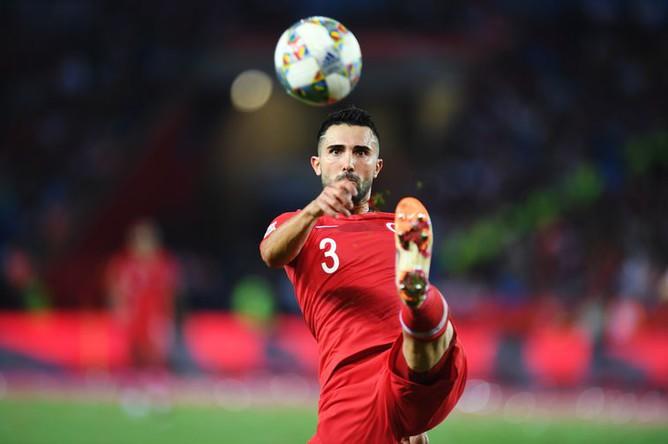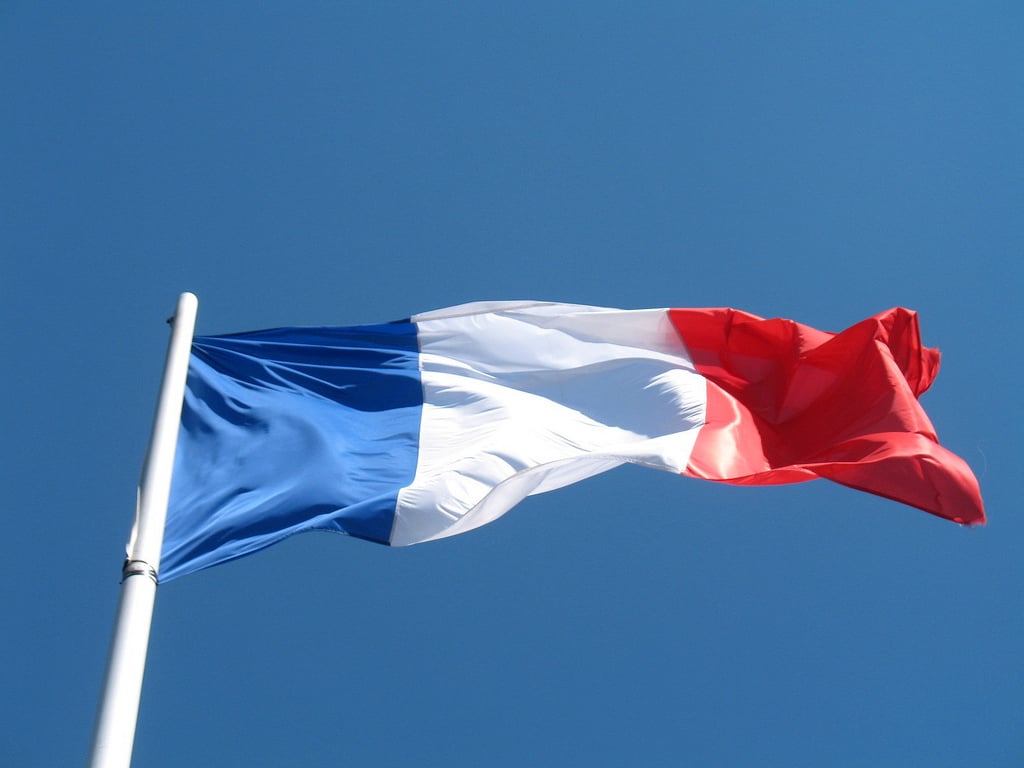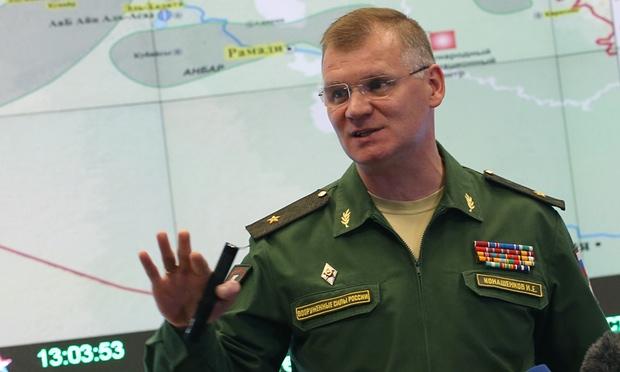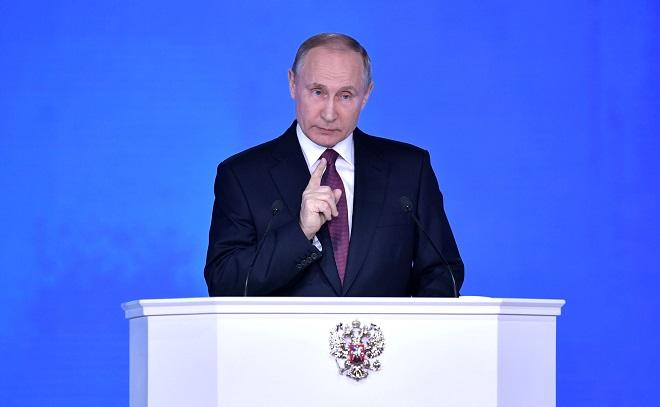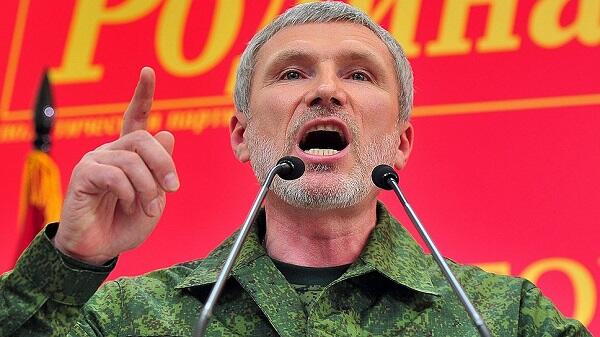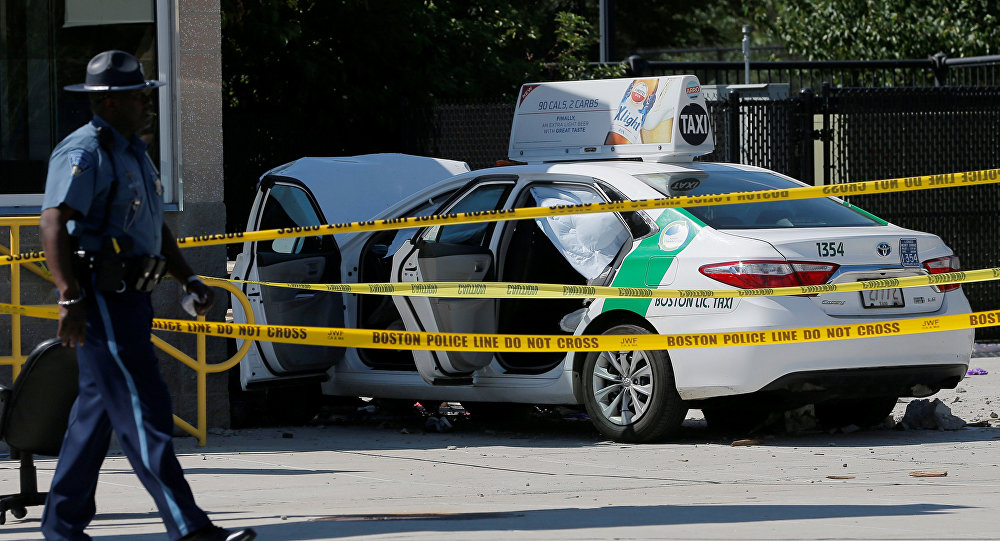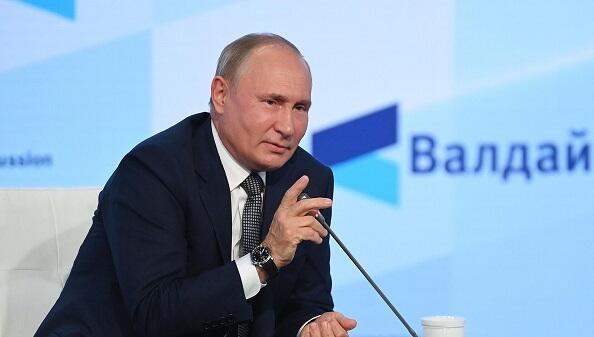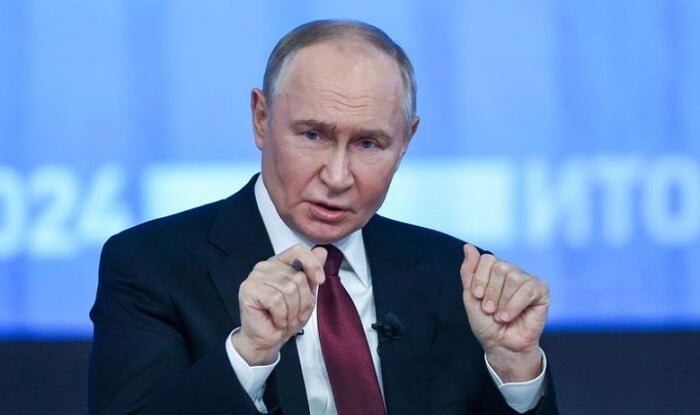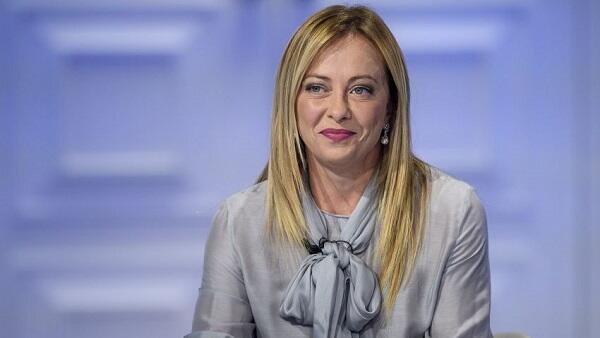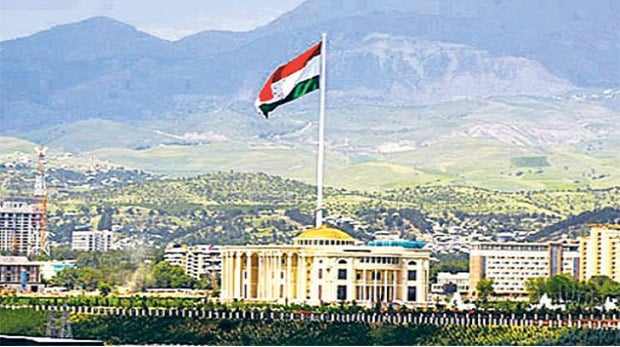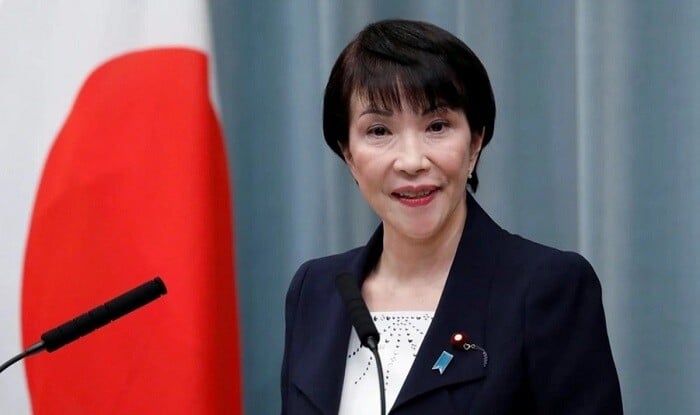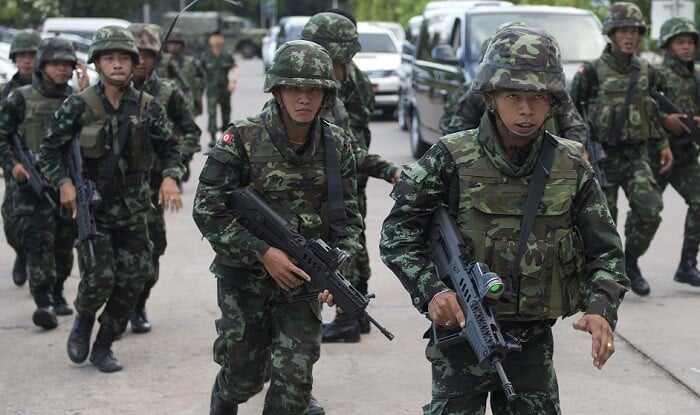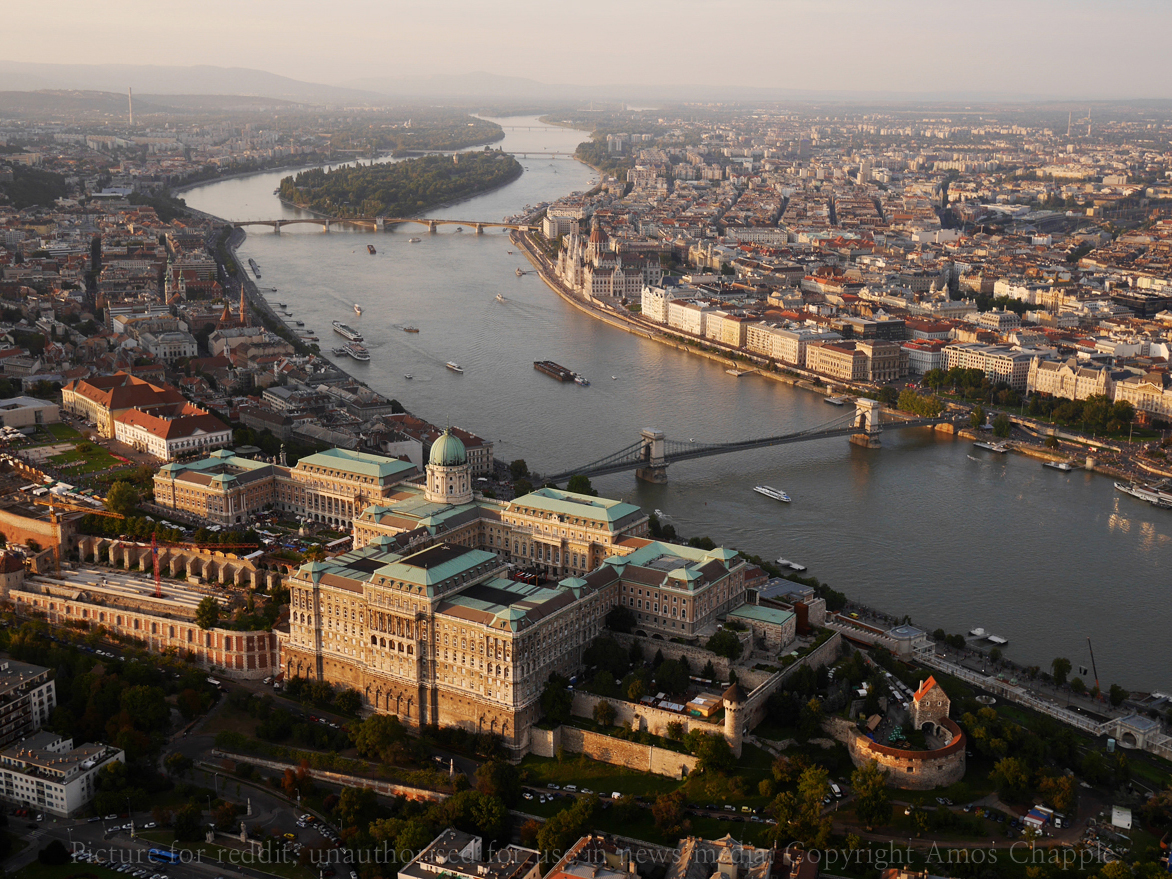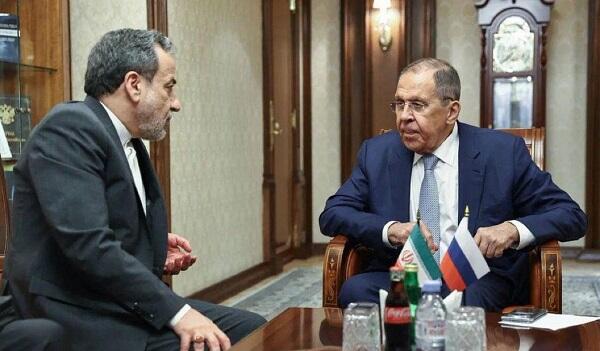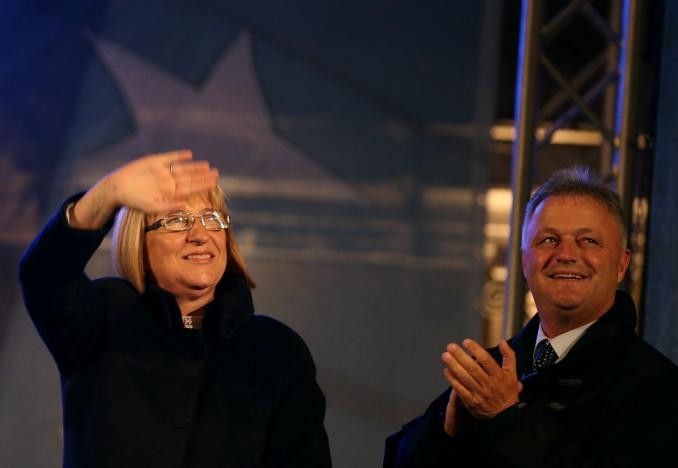Bulgarians vote in a closely fought presidential
election on Sunday that could plunge the Black Sea state into
political instability and push it toward closer ties with
Russia.
Opinion polls show ruling party candidate Tsetska Tsacheva, 58,
is likely to narrowly win the ballot but lose a subsequent runoff
to Rumen Radev, 53, a Socialist Party ally who wants to end
European Union sanctions against Moscow.
"The vote on Sunday will show whether we have the right to rule
the country in the next two years," Prime Minister Boiko Borisov
told supporters at the close of the campaign.
If Tsacheva does lose, Radev's Socialists and other opposition
groupings could try to unseat the center-right GERB party's
minority government and trigger early parliamentary elections,
observers say.
That would lead to months of political uncertainty and a further
slowdown in reforms, much needed after the collapse of Bulgaria's
fourth largest bank and massive anti-corruption protests that
helped GERB win parliamentary elections in 2014.
Public disappointment over reform progress eroded support for
GERB, while Tsacheva is seen as lacking the charisma of Prime
Minister Borisov.
"I will vote for General Radev because he hasn't been involved
in dirty political games, so far," said 68-year-old pensioner
Dimitar Tashev. "He is not a member of any political party and he
deserves a chance."
Voting starts at 07.000 a.m. local time (0500 GMT) and polls
close at 20.00 p.m.
Latest opinion polls showed parliament speaker Tsacheva winning
with 27.2-26.3 percent of the vote, against Radev's 22.5-23.1
percent.
Nineteen other candidates are also running and most polls show
Radev could win a runoff vote on Nov. 13, which has to be held
between top two contenders if no one wins an overall majority.
Radev, a former air force commander, has campaigned largely on a
promise of closer ties with Moscow, arguing the small European
Union state - fully dependent on Russian energy - should hedge its
bets when it comes to strategic alliances.
Bulgaria, seen as the Kremlin's most pliable satellite in Soviet
times, has long been an anomaly in Europe, a country within EU and
NATO structures yet feeling close to Russia.
"Bulgaria is a small country, we do not have resources and it is
naive to go against Russia," said Kalin Dragiev, 49, shop owner.
"Politicians must accept that Bulgaria badly needs Russia ...I will
probably vote for Radev but I still think that Tsacheva is the
favorite."
EU sanctions imposed on Moscow over its role in pro-Russian
separatist conflict in Ukraine have hurt NATO member Bulgaria
financially.
Most power in the country of 7.2 million rests with the prime
minister and parliament, but the president leads the armed forces
and can veto legislation, sign international treaties and appoint
ambassadors.
